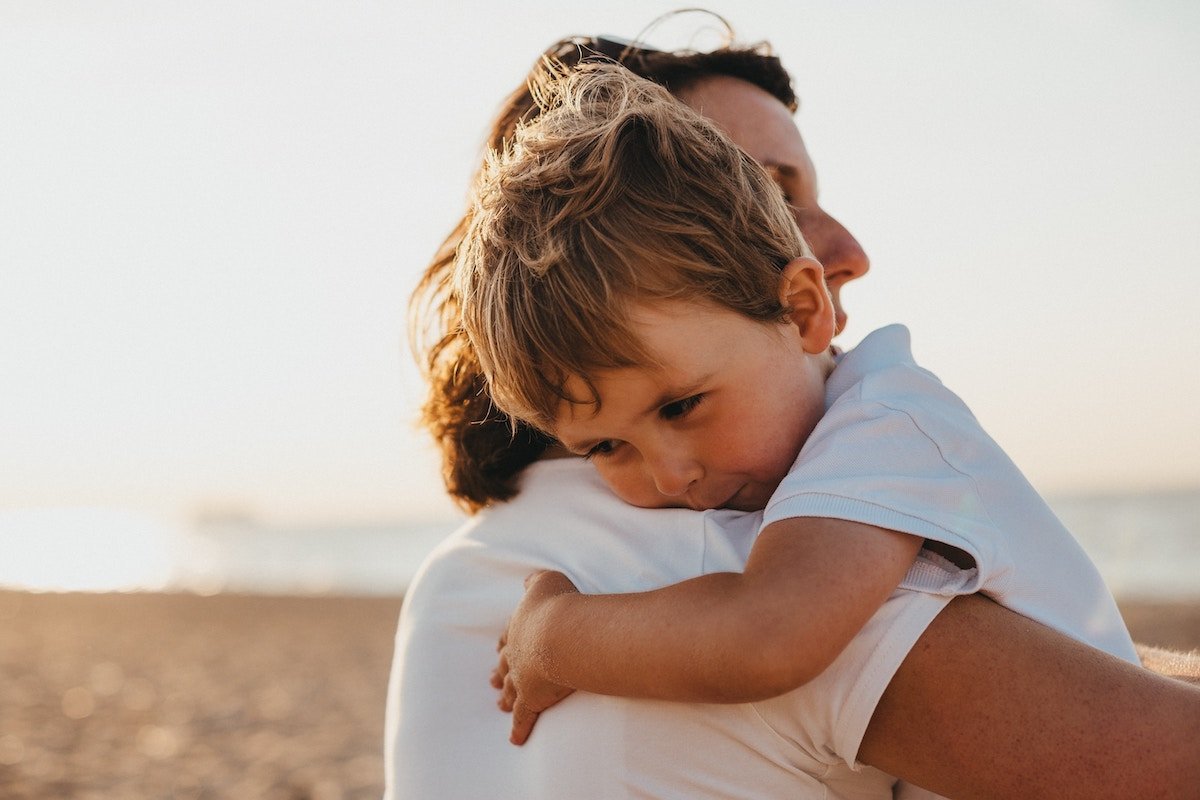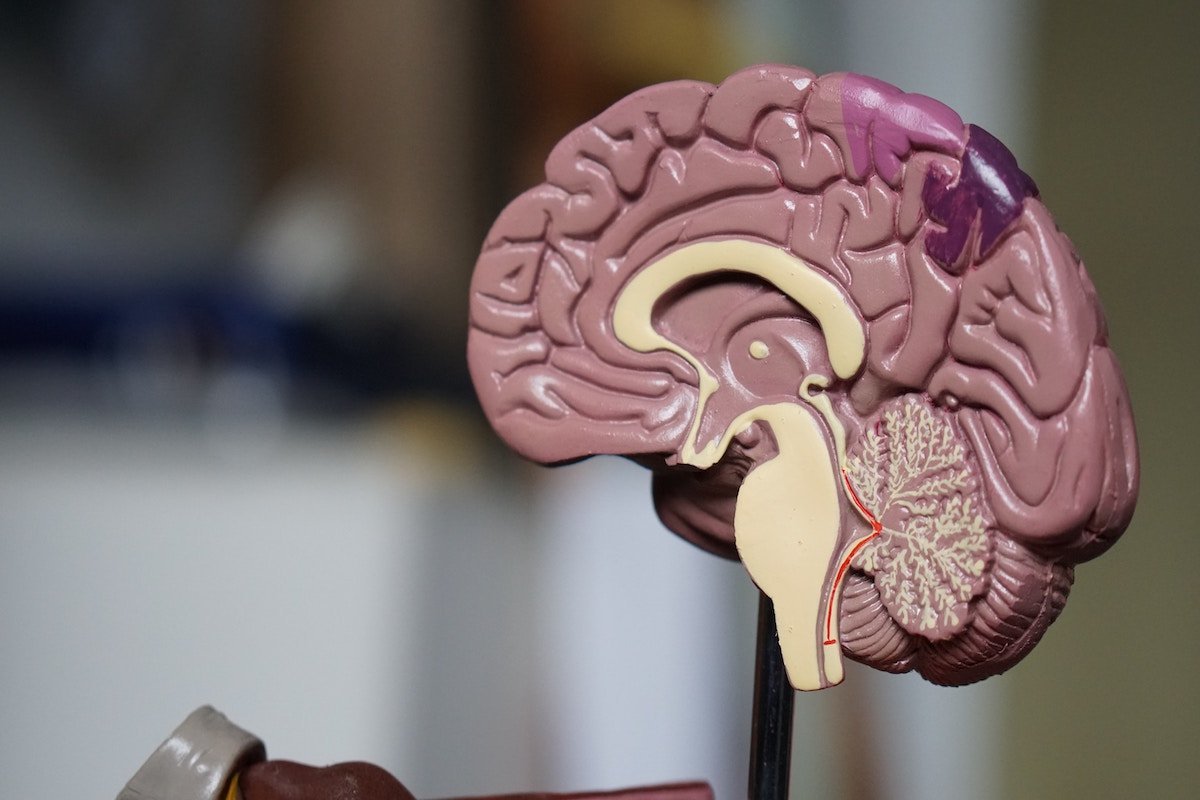Why We Have Toy Guns In the Playroom
Every so often, a parent will pull me aside before a session and say something like, “Hey, just so you know, we don’t allow pretend guns in our house, so if you could steer my child away from that kind of play, that’d be great.”
Understanding Life’s Social-Emotional Milestones in Everyday Life
As children grow, the adults in their lives naturally have expectations about their evolving social and emotional needs. We recognize that babies require more consistent care and attention. We expect toddlers to assert their independence. We anticipate that elementary school children will begin to develop their self-confidence. We understand that teenagers strive to establish their identity.
Aggression in the Playroom
Typically when someone thinks of therapy, images of a calm and quiet waiting room may appear in their mind. Maybe rain sounds are playing, and the office is filled with mid-century modern furniture and earth tones. As you can imagine, play therapy tends to be a bit different. Especially the sounds!
Embracing the Holiday Season
During the holiday season, we often find that children have more difficulty with emotional regulation. Excitement is abundant and routine falls to the wayside: two things that shrink the level of tolerance children have for dysregulating stimuli.
Connecting With Your Teen
Adolescence is a period of time that consists of rapid brain growth, identity formation, emphasis on peer comparison, and exploration. Without a doubt, adolescence can be a tricky time to navigate on the parents’ end. Wondering how to communicate with your teen? Wondering why your teen spends the majority of their time alone? These are very common questions received from parents of teens because, let’s face it, this developmental period is not easy for anyone. Especially your teen.
Regulating Nervous Systems in Your Family
“Human beings are not born with self-control. We have to learn what to do with the mad that we feel. Learning to control ourselves is a long, hard process. It happens little by little. In fact, it is something we work on all through our lives.” - Mr Rogers
Children do not enter this world with bad intentions. Children offer us information, and if we’re courageous enough to listen to the information, we can attune to their inner experiences. We can perceive their behavior as communication, not as manipulation. Children, like all human beings, feel more cooperative when they are treated with respect and kindness. As adults, we do not respond well to people who speak to us harshly or treat us with disrespect - but this can sometimes be our default reaction when faced with our children’s big feelings.














